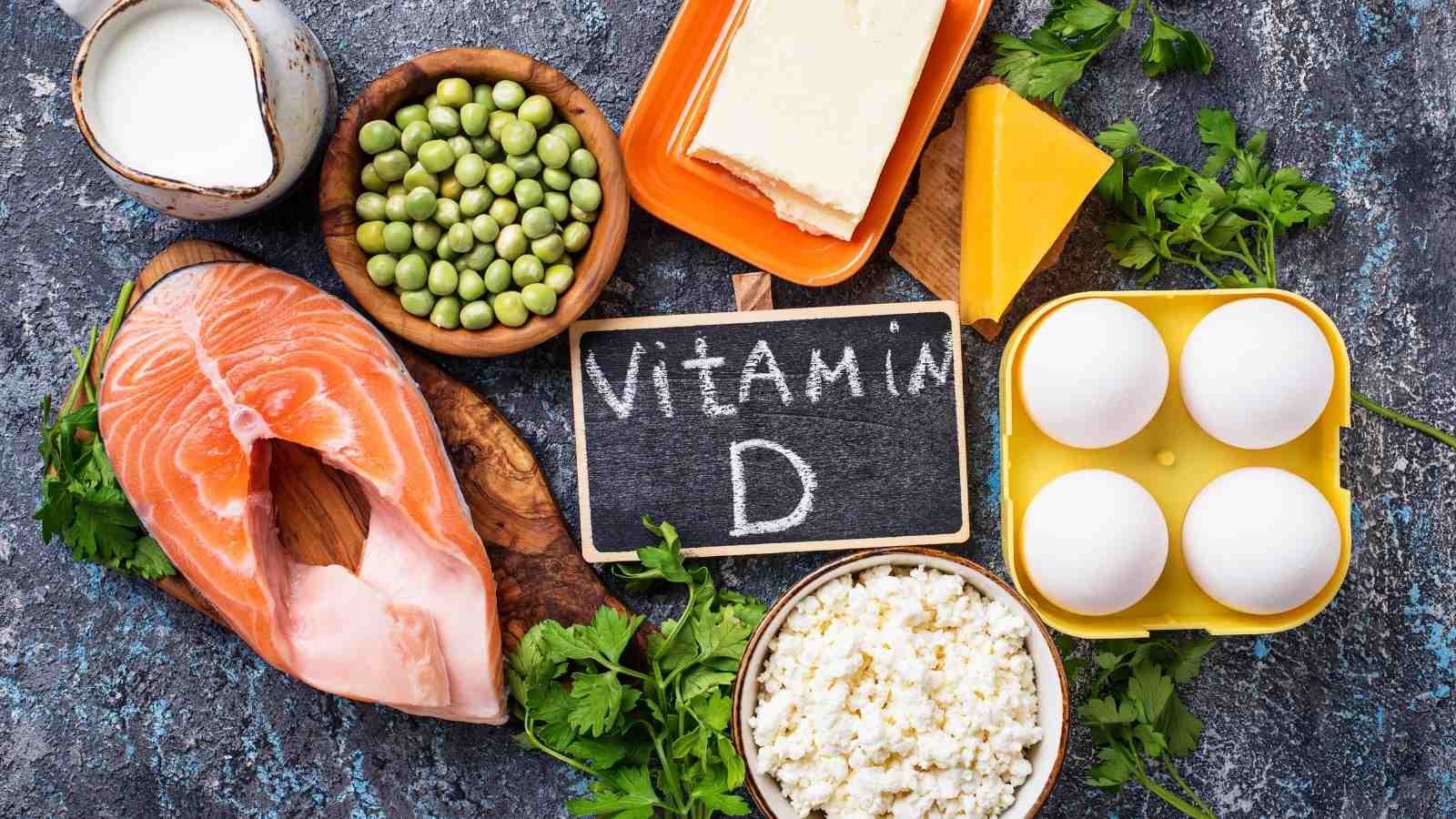HEALTH IS THE CROWN ON THE GOOD PERSON’S HEAD THAT ONLY THE ILL PERSON CAN SEE.
Health is a relationship between you and your body and like every other relationship, it too needs time and effort to work out. If you are not willing to make time for maintaining good health, you will sadly end up lying in a bed fighting an illness, surrounded by all the beautiful things you were busy collecting, which by the way would not even matter by then.
Now that we understand the importance of health, we should also know that there are multiple ways in which we can take care of our health, and one of them is knowing a few essential vitamins and how and when to take them.
What Are Vitamins?
Vitamins are organic compounds needed by the body to perform all important functions. Vitamins are essential for normal growth and development and their deficiency can lead to serious health problems.
Here is a list of some important vitamins and their uses:
Vitamin A
Vitamin A is a group of unsaturated nutritional organic compounds that includes retinol, retinal, and various provitamin A carotenoids.
Functions:
- important for growth and development
- maintenance of the immune system
- needed for good vision
- helps in the growth of epithelial and other cells as a hormone-like growth factor
- good for bone metabolism
Sources:
- cod liver oil
- sweet potato
- kale
- butter
- carrots
- spinach
- broccoli leaf
- liver beef, pork, fish
- egg
- tomato
- papaya
- milk
Deficiency can cause:
- dry skin
- night blindness
- delayed growth
- dry eyes
- infertility
- slow wound healing
- acne
- chest infections
Vitamin C
This water-soluble vitamin is essential for the immune system. It is found in various foods and is an important nutrient involved in the repair of tissue and the enzymatic production of certain neurotransmitters.
Functions:
- important for the immune system
- helps in preventing and treating infections like flu and the common cold
- has antimicrobial activities
- promotes lymphocyte proliferation
- is helpful for patients suffering from cancer
Sources:
- orange
- lemon
- papaya
- cabbage
- pineapple
- cauliflower
- brussels sprouts
- capsicum
- mango
- onion
- tomato
Deficiency can cause:
- weakness
- muscle and joint pain
- sry skin
- splitting hair
- scurvy
- weight loss
- nosebleeds
Vitamin D
This vitamin is generated by the body upon being exposed to Sun. It is important for bone and colon health.
Functions:
- maintaining normal blood levels of calcium and phosphorus
- helps in absorbing calcium
- form and maintain strong bones
- helps regulate the immune system and neuromuscular system
- plays major roles in the human cell life cycle
Sources:
- sunlight
- sardines
- red meat
- mackerel
- salmon
- egg yolks
Deficiency can cause:
- rickets
- depression
- bone and back pain
- fatigue
- frequent infections and sickness
- osteoporosis
- frequent fractures
Vitamin B12
It is a co-enzyme vital for the conversion of food to be used as energy. It helps make your DNA and red blood cells.
Functions:
- required for the proper functioning of the body
- development of the brain, nerves, blood cells, and other parts of the body
- better vision
Sources:
- dairy products
- eggs
- fish
- meat
Deficiency can cause:
- anemia
- weakness
- dementia (memory loss)
- damage to the nervous system
- glossitis (inflamed tongue) and mouth ulcers
- breathing problems
Alongside these vitamins, you also need to take minerals, fatty acids, and amino acids like calcium, magnesium, and phosphorus.
A balanced diet including all the essential vitamins and minerals under the required limit can really be helpful in preventing a number of diseases and maintaining a healthier lifestyle.






